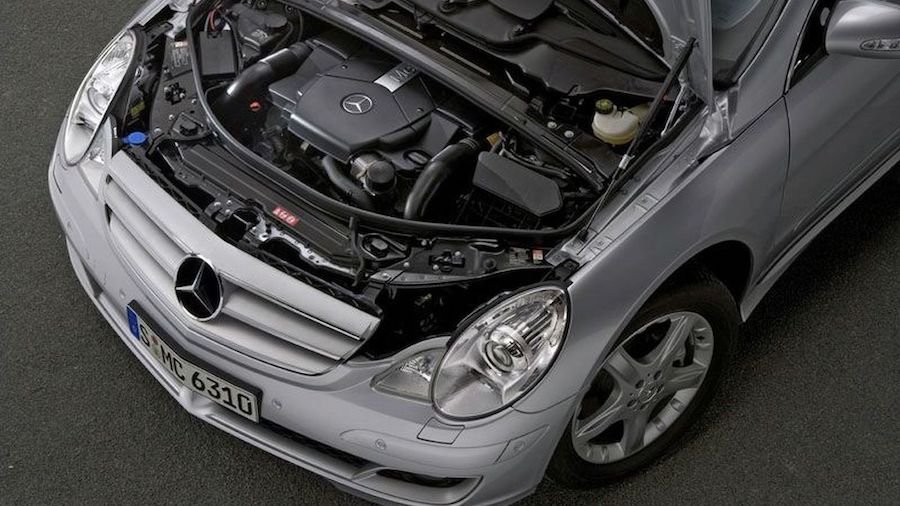Mercedes Recalls 292,287 Models For Possible Brake Failure

"We are advising affected customers to stop driving their vehicles. MBUSA will also offer complimentary towing to owners of affected vehicles to attend the workshop," Mercedes said in a statement that a spokesperson from the automaker sent to Motor1.com.
These vehicles may have corroded brake boosters that could severely affect their braking ability. It's also possible for the booster to leak, resulting in more force being necessary on the pedal to slow the affected vehicles.
In particularly severe cases, hard stopping could damage the booster and cause the brake pedal to stop working entirely.
NHTSA's statement indicates that signs of a vehicle with a corroded brake booster include the brake pedal might have a different feeling than normal. Another indicator is a hissing or airflow noise when applying the brakes.
To solve the issue, Mercedes will inspect the affected vehicles. According to its filing with NHTSA:
"Vehicles that show advanced corrosion will have an additional test performed to ensure the functionality of the brake booster. Vehicles that pass the additional test may be driven for up to two years but must return for an additional repair."
If a model doesn't pass the additional test, Mercedes will replace the brake booster. If the parts aren't immediately available, the dealer will arrange for alternate transportation for the customer.
Nouvelles connexes


